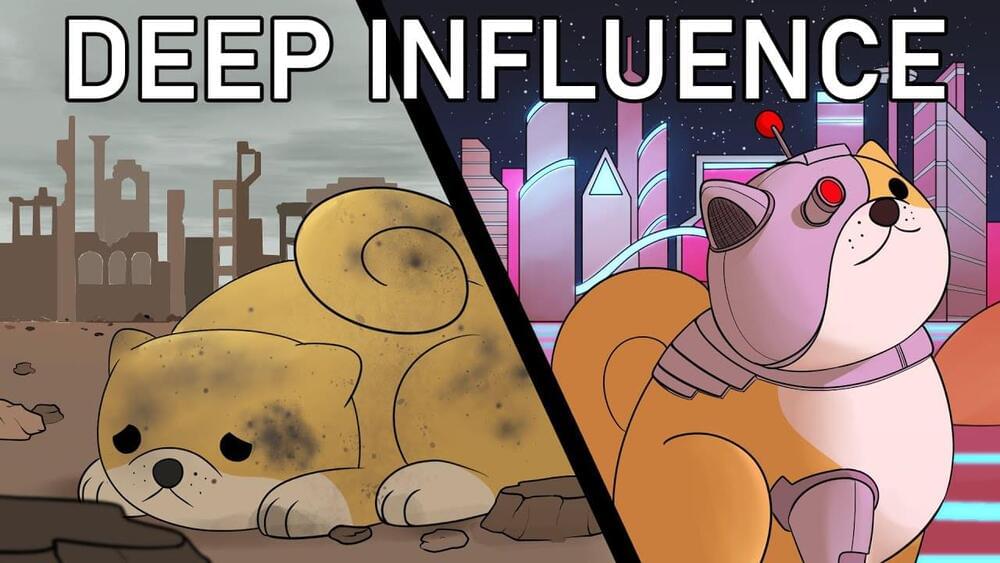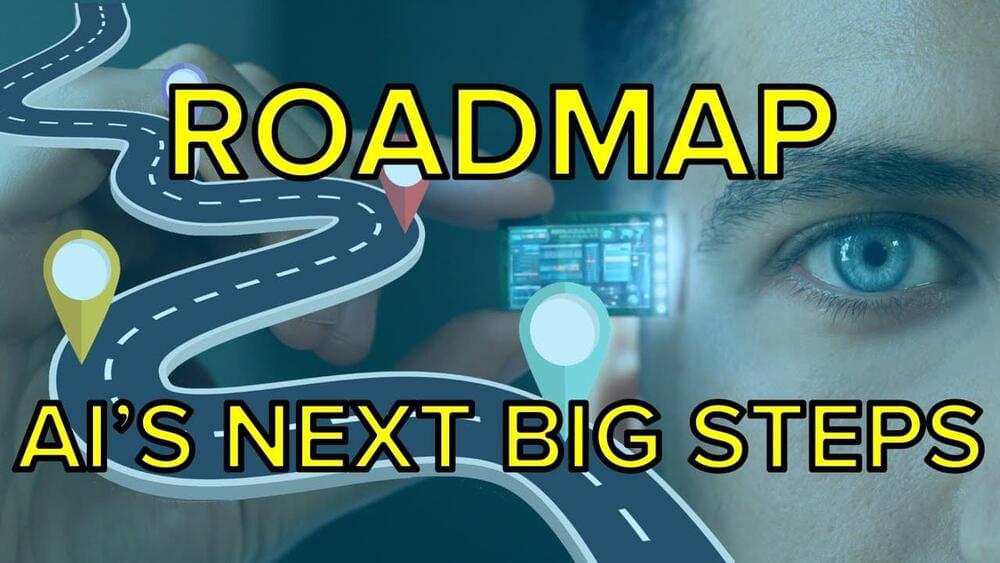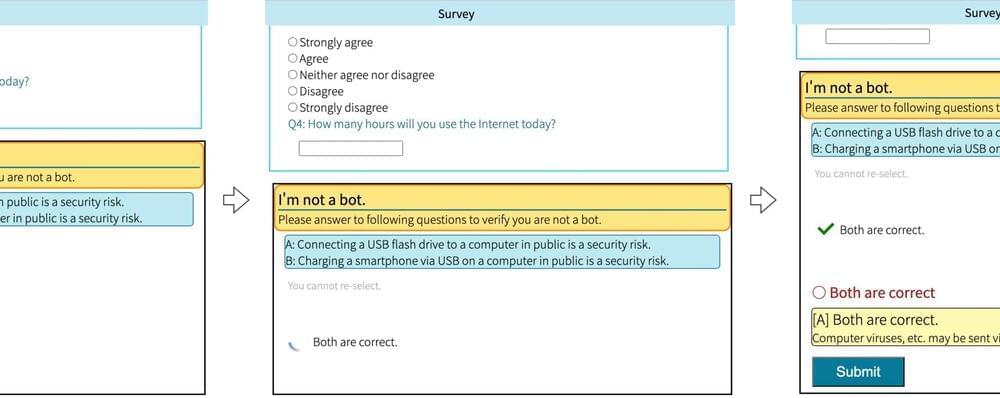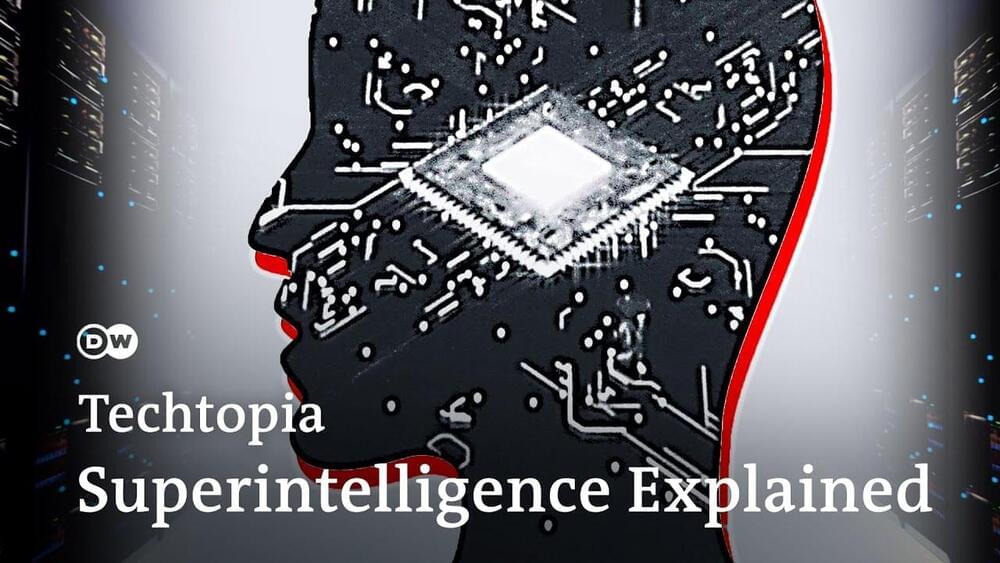Aug 21, 2022
How Scientists Revived Organs in Pigs an Hour After They Died
Posted by Quinn Sena in categories: biotech/medical, ethics, neuroscience, policy
Yes, it does. Although OrganEx helps revitalize pigs’ organs, it’s far from a deceased animal being brought back to life. Rather, their organs were better protected from low oxygen levels, which occur during heart attacks or strokes.
“One could imagine that the OrganEx system (or components thereof) might be used to treat such people in an emergency,” said Porte.
The technology could also help preserve donor organs, but there’s a long way to go. To Dr. Brendan Parent, director of transplant ethics and policy research at NYU Grossman School of Medicine, OrganEx may force a rethink for the field. For example, is it possible that someone could have working peripheral organs but never regain consciousness? As medical technology develops, death becomes a process, not a moment.


















